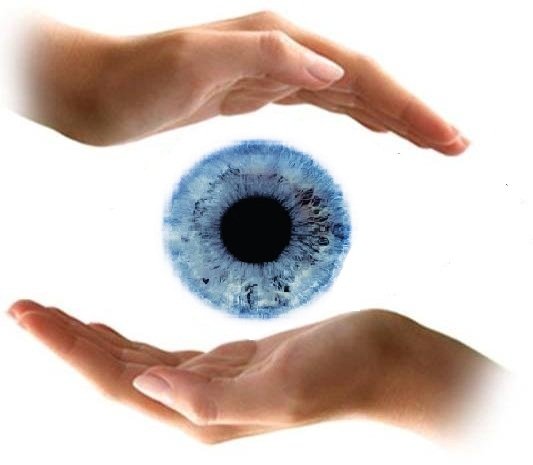Featured
We frequently find out about shielding our skin from harmful ultraviolet (UV) rays, however did you understand that UV exposure can also considerably influence your eye health and wellness? Whether you're outdoors on a sunny day and even throughout gloomy weather, your eyes are constantly subjected to UV radiation. Extended exposure can increase the danger of numerous eye conditions, a few of which might result in irreversible vision damages. Comprehending the effects of UV rays on your eyes and just how to safeguard them is vital for keeping long-lasting eye health.
Types of UV Rays. UV rays are categorized into three kinds:
UVA Rays: These rays penetrate deep into the skin and can also impact the inner layers of the eyes. UVB Rays: These rays primarily cause damages to the skin's surface area however can likewise damage the cornea and lens of the eye. UVC Rays: While these are the most unsafe, they are largely taken in by the Planet's ambience and don't reach the surface. Both UVA and UVB rays are unsafe to your eyes, and gradually, exposure can result in significant eye conditions.
Short-Term Results of UV Direct Exposure. Even brief exposure to extreme UV rays can cause prompt eye damage. An usual short-term problem is photokeratitis, commonly referred to as "sunburn of the eye." Signs and symptoms of photokeratitis consist of:
Redness and irritation. Sensitivity to light. Tearing or watery eyes. A sandy sensation, as if something is embeded your eye. While the signs and symptoms of photokeratitis are temporary and usually fix within a day or two, duplicated occurrences can have cumulative results on your vision.
Long-Term Effects of UV Direct Exposure. Persistent UV direct exposure can add to several major eye problems, including:
Cataracts: Gradually, UV rays can cause clouding of the eye's lens, causing cataracts, among the leading root causes of blindness worldwide.
Macular Degeneration: Long term UV exposure can harm the retina, specifically the macula, causing age-related macular degeneration (AMD), which impacts central vision.
Pterygium: Additionally known as "web surfer's eye," this problem involves the development of a fleshy cells on the white part of the eye, which can prolong over the cornea and impact vision.
Skin Cancer Cells Around the Eyes: The fragile skin around the eyes is at risk to UV radiation, boosting the danger of skin cancer, such as basal cell carcinoma.
Pinguecula: UV direct exposure can also cause yellow-colored down payments on the conjunctiva, which can cause irritability and discomfort.
Exactly How to Safeguard Your Eyes from UV Rays. Use Sunglasses with UV Security: Constantly pick sunglasses labeled as obstructing 100% of UVA and UVB rays. Wrap-around styles supply added defense by obstructing UV rays from the sides.

Make Use Of a Wide-Brimmed Hat: Hats with a large border can decrease UV exposure by approximately 50%, supplying extra coverage for your eyes and face.
Avoid Top Sunlight Hours: UV rays are best in between 10 a.m. and 4 p.m. Restricting your exterior tasks throughout these hours can help minimize exposure.
Don't Forget Children: Kid's eyes are extra conscious UV rays, so guarantee they wear sunglasses and hats when outdoors.
Wear UV-Blocking Get In Touch With Lenses: If you put on get in touches with, ask your eye treatment supplier regarding UV-blocking lenses for added security.
Remain Protected Year-Round: UV damages isn't limited to summertime; rays can show off surfaces like water, sand, and snow, making eye security required all year.
Verdict. Safeguarding your eyes from UV rays is critical to protecting your vision and total eye health. By taking easy precautions like wearing UV-protective sunglasses, limiting direct exposure throughout top hours, and routinely visiting an eye treatment specialist, you can protect your eyes from the damaging impacts of UV radiation.
Latest Posts
Experience Red Hawk Gastropub: Twin Falls' Favorite Restaurant
Create a Safe and Beautiful Boundary with Washington Fence
Discover Quality Fencing Solutions for Every Need